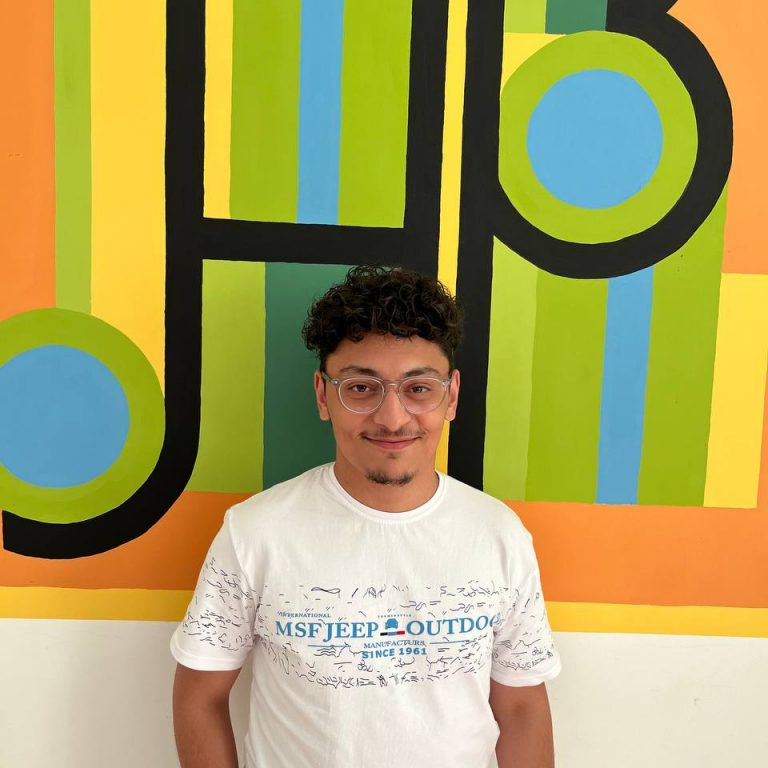Budapesti Sportszolgáltató Nonprofit KFT. – BSK, Via Viridis, UCCU
BSK has been providing accommodation for Romani refugees since March 2022 in Pilisszanto. The shelter can provide accommodation for 78 persons. Basic amenities, including daily three meals are provided for its residents.
Aim of the project: to support the school enrollment of children, enhance their motivation to regularly attend school and to provide support in catching-up with their peers. We also aim to strengthen children’s Roma identity and their peer relations.
Somnakuno Drom Romani Women Association, Association of Romani Women of the XXI. Century
Somnakuno have been providing support to Romani refugee families since March 2023, at border crossings and in Szabolcs county.
Aim of the project: we aim to provide catch-up classes for Romani refugee youth through regular skills-building in multiple locations in Szabolcs county.
Academy without Borders, Sátor Suli
Academy without Borders aims to ensure access to world-class education for anyone, regardless of their social and economic situation. We adapt the interactive learning materials of the Khan Academy into Hungarian.
Aim of the project: we wish to develop mathematical learning materials available to Romani refugee youth and the teachers and volunteers working with them, so that children can learn the subject according to their individual needs and level and catch-up with their peers.
Uccu Roma Informal Educational Foundation, Működők Egyesület
Uccu was established in 2010 and is ran by Romani women. We use non-formal education methods to provide opportunities for students, teachers and anyone interested to get acquainted with Roma culture and history through Romani young volunteers.
Aim of the project: to develop and launch a campaign to help change stereotypes affecting Romani refugees. We will showcase 6-8 stories in the form of videos and pictures, and build press coverage around it.
Partners for Democratic Change Hungary, Mandák Ház, Működők Egyesület
A Partners helps people to find their place in their communities, and find strength and courage to generate changes. Our main areas of work: education, early childhood development, alternative conflict resolution, integration.
Aim of the project: we wish to help the educational inclusion of Romani children participating in the Mandák Ház refugee program. In the project, we wish to establish a game park and include volunteers in this work, and also try to mediate between teachers and parents to seek solutions for children at school.
Foundation for 21. Century Pedagogy, NestingPlay, Működők Egyesület
The Foundation has been operating an E-study hall program for disadvantaged children, during which high school students going to elite secondary schools in Budapest mentor children through digital learning materials.
The aim of the project: we aim to help develop meaningful peer relationships and provide mentoring and catch-up sessions for refugee children staying at Fonyod.
Summer camps 2023
n the summer of 2023, we supported six organisations in the implementation of summer leisure and development activities, where our partner organisations enabled refugee and Hungarian Roma children to develop their skills and participate in experiential education programs, many of them for the first time leaving the refugee accommodation where they have been living with their families for more than a year. The planning and implementation of the programs was also assisted by ten Roma university students as interns.
Implementing organisations: Somnakuno Drom Roma Women’s Civil Association, XXI. 20th century ROMA WOMEN’S Association, E-tanoda – The Foundation for 21st Century Pedagogy, The Foundation for Global Human Dignity, Kis Bocs Baba-Mama Non-profit Association, Bódva-völgy Public Roma Women’s Association.









